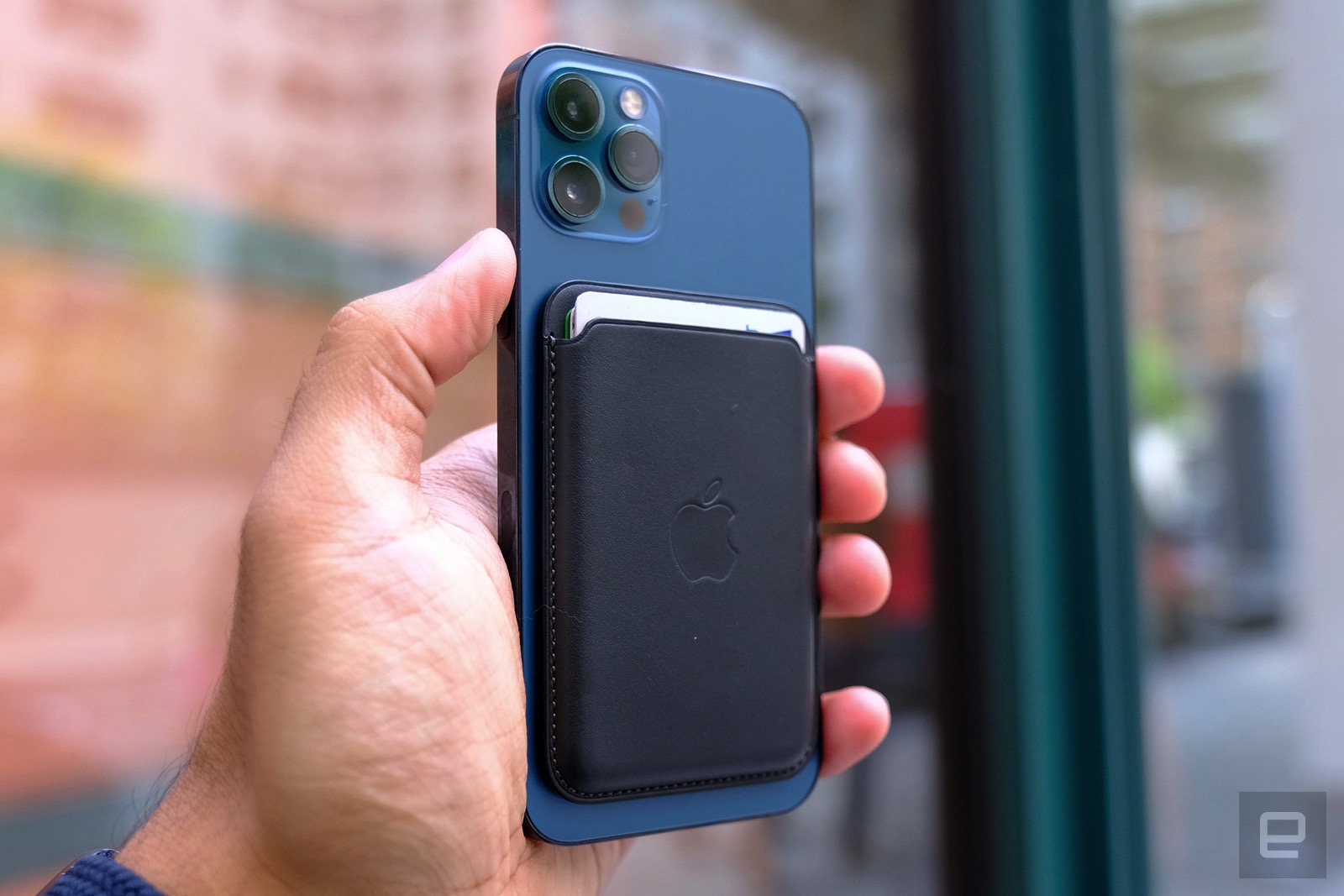According to the American Heart Association (AHA), devices with Apple’s MagSafe technology can cause interference if placed over the skin or in close proximity to heart devices such as pacemakers. AHA researchers found that “select devices” from all three major cardiac device manufacturers (Medtronic, Abbott, and Boston Scientific) “have magnetic susceptibility.”
“Our study shows that magnetic reversal mode can be triggered when the iPhone 12 Pro Max is placed on the skin directly over an implantable heart device and thus has the potential to prevent life-saving therapies,” the researchers write in the first publication discovered by AppleInsider .
They tested the effect of MagSafe on cardiac devices by placing the iPhone very close to 11 pacemakers and defibrillators. Some of these were implanted in patients (in vevo) and others were new and unwrapped (ex vivo).
Placing the iPhone on the skin or very close to devices “resulted in clinically identifiable magnetic interference” in all three in vivo devices tested and in eight of 11 ex vivo devices. The iPhone was able to trigger the magnetic reversal mode on an ex vivo device “at a distance of up to 1.5 cm”.
Apple notes in a recommendation that the iPhone 12 “poses no greater risk of magnetic interference when compared to older generation iPhones,” notes the paper, which was published in the Journal of the American Heart Association. “Our study suggests otherwise, however, since a magnetic response was demonstrated in vivo in 3/3 cases. Compared to the older generation iPhone 6, one by Lacour et al. conducted study with a sample size of 148 patients no cases of magnetic response. “
Potential interference could arise if someone tucked a MagSafe device into a coat or shirt pocket over their chest, which, according to the researchers, “can lead to asynchronous stimulation or deactivation of antitachycardia therapies.” A sufficiently strong external magnet can cause problems with many cardiac implantable electronic devices (CIED), as the paper states, so the problem is not solely with MagSafe technology.
The researchers say their results underscore “the importance of public awareness for interaction between CIEDs and a recently released smartphone model with magnetic charging capability. Although the Food and Drug Administration website states that cell phones do not pose a significant health risk to patients using these devices ”. , they acknowledge that certain precautionary measures may be advisable. “
Apple revised its MagSafe support document in January. It is recommended that iPhone 12 users keep the device at least 6 inches away from medical implants. The paper’s authors also suggested that patients “should consult with a cardiac rhythm specialist about recommendations for their smartphone and CIED”.
As AppleInsider notes, the study’s results are in line with those published in the Heart Rhythm Journal, which suggests that the iPhone 12 can interfere with CIEDs when placed on or very close to the implant. The AHA paper also recommends a more extensive study of the subject.
All products recommended by Engadget are selected by our editorial team independently of our parent company. Some of our stories contain affiliate links. If you buy something through one of these links, we may earn an affiliate commission.
